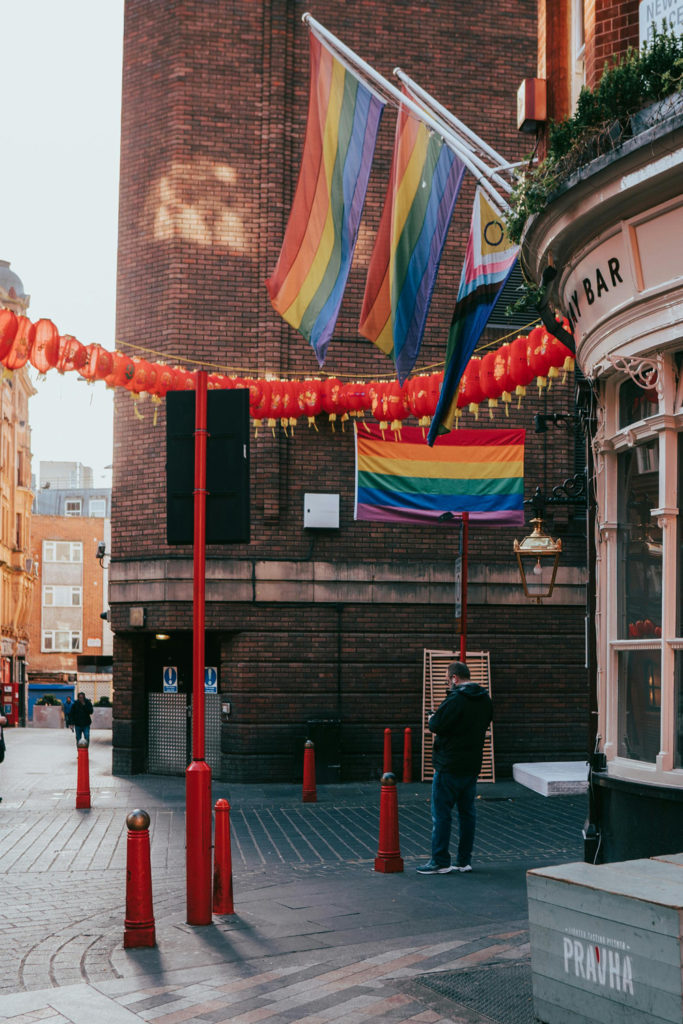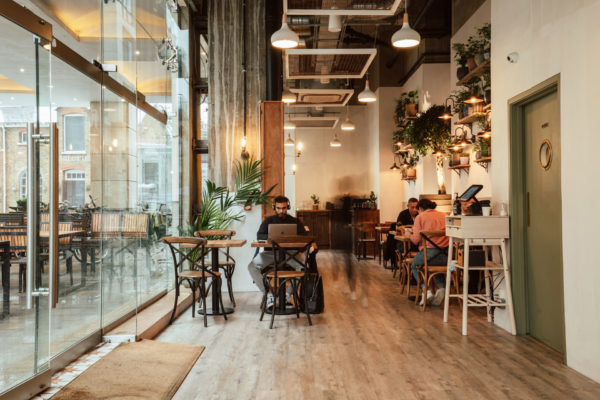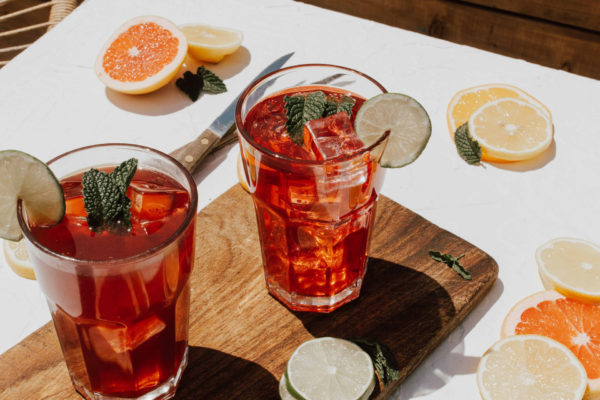The Green Coach: How To Deal With Coffee Cup Guilt
By
2 years ago
Our new environmental agony aunt talks coffee cups and reframing our relationship with guilt

Ever been hit by eco-guilt for buying plastic-wrapped food? Or felt eco-confused over whether an aluminum can or a glass bottle was greener? Look no further. In our brand-new monthly column, Lucy Johnson, psychotherapist and founder of sustainable lifestyle consultancy Green Salon, will be tackling all our biggest questions and confessions about the complexities of living a greener life. First up: coffee cup guilt.
The Green Coach: Coffee Cup Guilt
Dear Lucy,
I feel guilty because I often end up buying coffee from coffee shops in a takeaway cup. I do have a reusable coffee cup but most of the time I forget to take it with me and then I just get the coffee anyway. I’ve read about all the millions of take away coffee cups that get thrown away every year and it just makes me feel even more guilty. Help!
Sarah
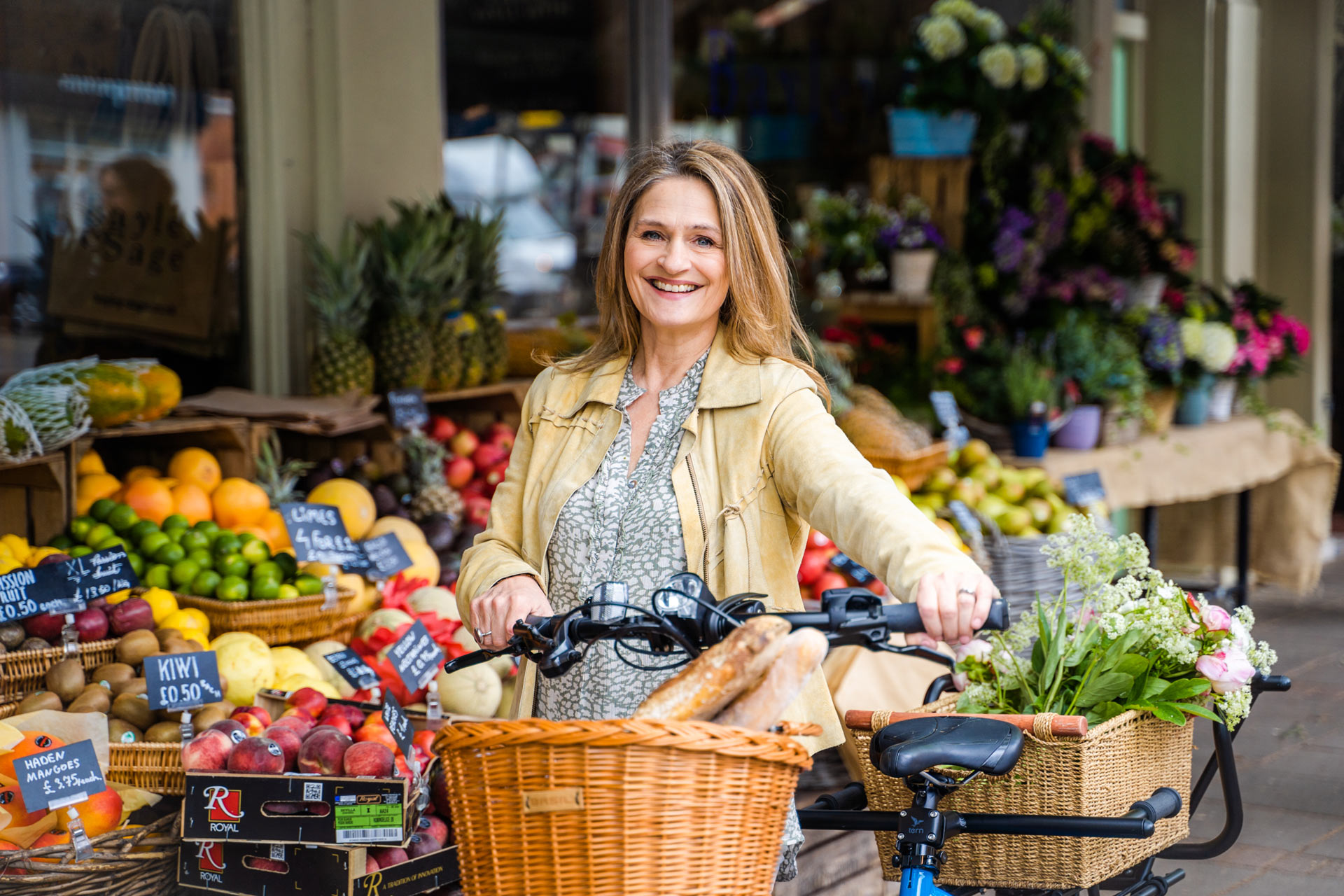
Lucy Johnson, by Vicki Knights
Dear Sarah,
If there was ever a modern day eco-conundrum that all of us can relate to, this is it. So many of us drink coffee on the go everyday and so many of us are not as organised as we’d like to be. And then when we chuck away our plastic-lined take-away coffee cup, there’s the stab of guilt.
I sense from your email that what’s really eating away at you here is that dread feeling of guilt. One of the real challenges with our shift away from a throw-away society is that we can end up mired in guilt about all the things we used to do without a second thought. And that can feel draining and overwhelming. It can also cause us to switch off with thoughts like, well, it’s just one cup, what difference can that possibly make?
It might surprise you to hear this as a sustainability coach, but I’m actually quite an advocate of switching off like this from time to time. One reason we can end up having a guilt attack is that we are dealing with unrealistically high expectations for ourselves. It’s so tempting in our current culture to be swept along by fantasies of perfecting our lives, and by extension ourselves. But the reality is that we are all of us a wonderful mess of contradictions and quirks and it’s much more helpful to us, psychologically, to be aware of this.
It’s also a good way of seeing things in perspective. Yes, you’re chucking away the odd plastic-lined coffee cup but that’s only a few out of the 2.5 billion or so that get thrown away each year in this country. The point is that you have a reusable coffee cup, which is a great start, and you want to use it more often. So how do you go about doing that?
Here’s where guilt is a double-edged sword. Too much guilt can make us feel overwhelmed and more prone to giving up on our good intentions. But guilt, like every other emotion, is there for a reason. It’s essentially a messenger. While it can feel deeply uncomfortable, it’s there to tell you something about yourself.
So what would it feel like to stand back a bit from the guilt and rather than get into a tussle with it, ask it what it’s telling you? Is it reminding you what’s important to you? Because it sounds to me like it’s telling you that it’s important to you to reduce your use of plastic.
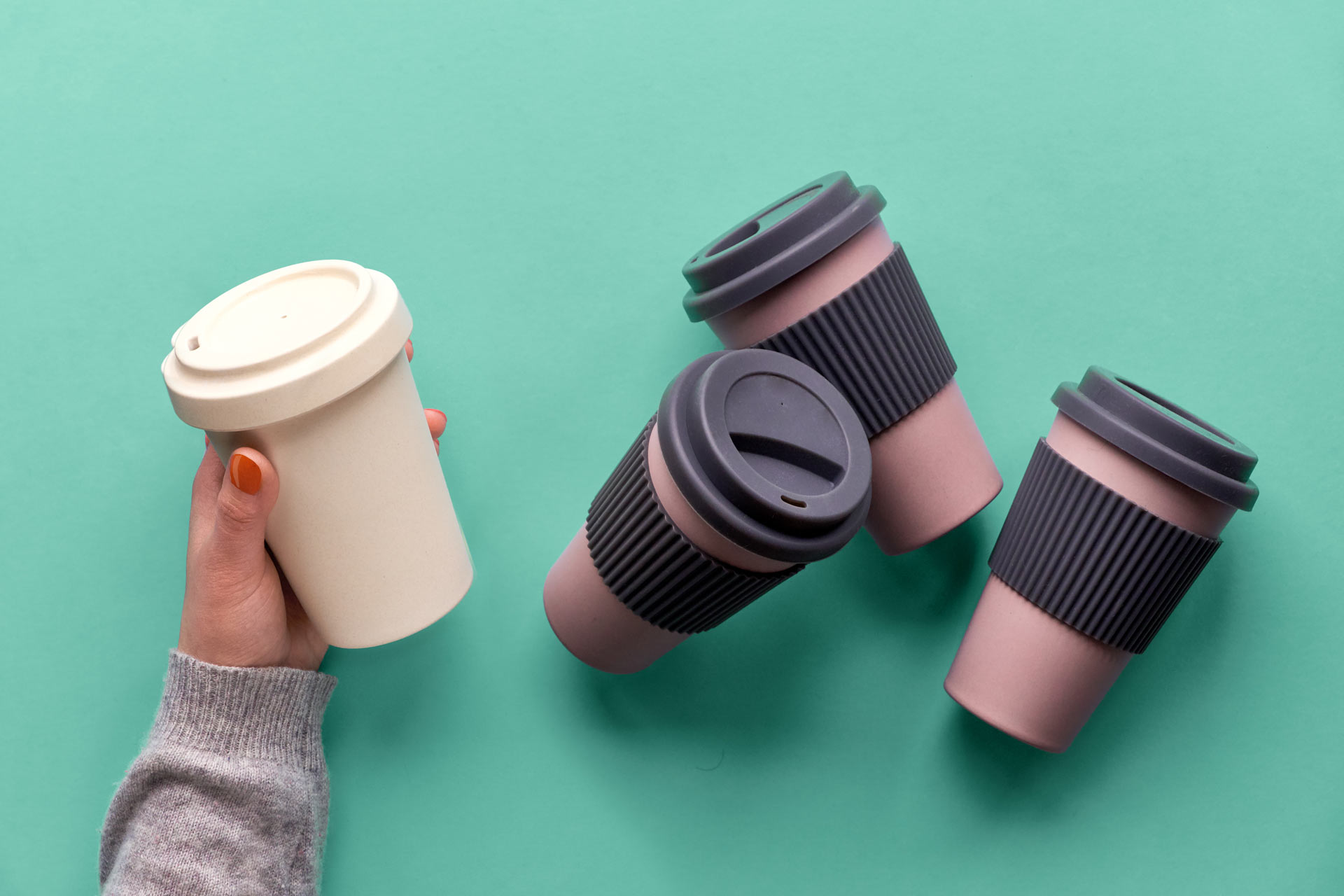
Here’s where it can really help to rethink your relationship with guilt. What would it feel like to thank your guilt for showing up and keeping you on track with your values? Instead of getting stuck in guilt, perhaps you could use it to motivate you to set a reminder about taking your reusable coffee cup when you leave home. It can really help to associate your coffee cup with your keys in some way, which you are very unlikely to forget.
And remember that you’re in it for the long game. Your reusable coffee cup gains its green value from being reused over 100 times. If you do replace it one day, you might want to also opt for a collapsible coffee cup, like the Stojo, that folds up small and has a dinky little cover for the hole that prevents coffee drips from spilling in your bag. You can get the Stojo online at the Zero Store or at Oliver Bonas.
Ultimately, it can be hard enough to get the hang of altering our habits, without an internal warring tribe of emotions. So try making friends with your guilt so you can use it as an ally on this sometimes challenging road of green living.
Lucy
Lucy Johnson is the founder of Green Salon, a sustainable lifestyle consultancy, and a qualified psychotherapist. Got a dilemma? Email it to Lucy at [email protected]


